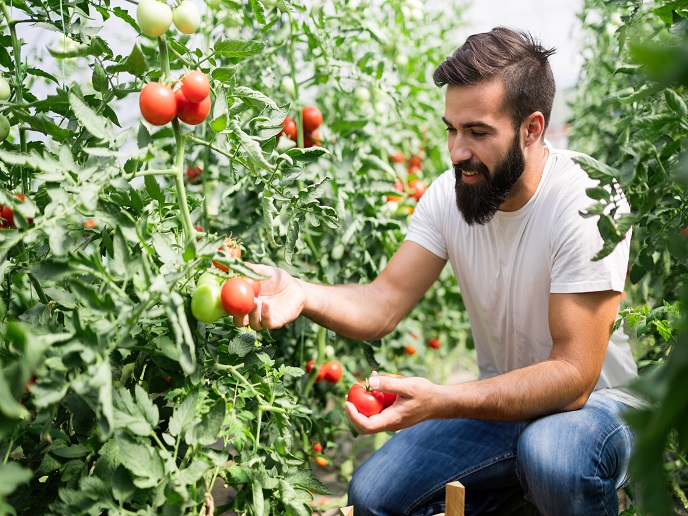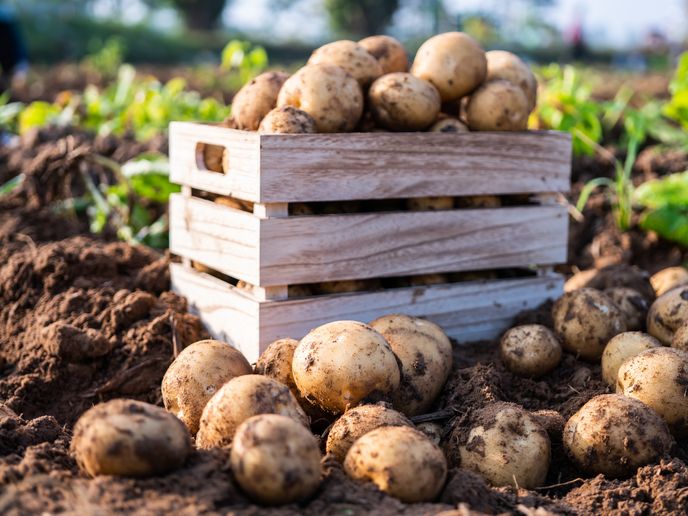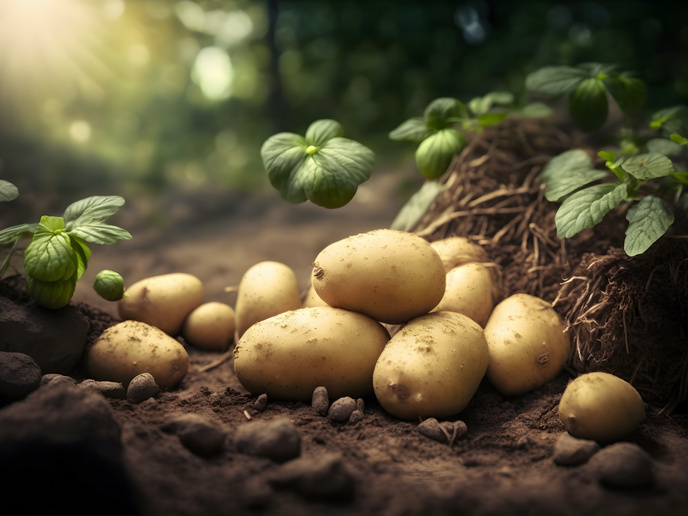Breeding climate-resilient crops for organic agriculture
The global population is estimated to reach 9.8 billion by 2050. Coupled with changing climatic conditions, this presents a huge impending risk to food security in the 21st century. Organic agriculture must both increase and evolve to face these challenges. Farmers will need crops that maintain nutritional value and are able to deal with multiple unprecedented stressors in the coming decades. Without new climate-resilient crops, many small farmers across the EU will go out of business as their plants stop producing seeds. The BRESOV (Breeding for Resilient, Efficient and Sustainable Organic Vegetable production) project, which runs until April 2023, is working to discover and enhance the genetic resources of organic crop production for farmers throughout the EU and beyond. Through breeding programmes, BRESOV is exploring the genetic diversity of three economically significant crops: broccoli, green bean and tomato, improving the competitiveness of these crops for use in organic farming. “The BRESOV consortium’s overall aim is to increase the plants’ tolerance to biotic and abiotic stresses and adapt these varieties to the specific requirements of organic and low-input production processes,” explains Ferdinando Branca, associate professor of Horticulture and Floriculture at the University of Catania in Italy, and BRESOV project coordinator.
Finding the right genetic resources
Before any climate-resilient crops could be bred, the BRESOV team had to find the right genes. The consortium assembled a series of crop collections, including many different morphotypes from each crop. The researchers then read and compiled the genetic data for each of these crops, in order to find those parts of the code related to specific characteristics. These traits include good taste, high nutritional value, and resistance not only to pathogens and pests, but also to a range of abiotic stresses like heatwaves and drought. With this information, BRESOV could begin breeding organic crop cultivars to test their characteristics in real-life conditions.
Breeding for climate resilience
In a series of trials, members of the BRESOV consortium grew thousands of plants, including landraces (domesticated crops), inbred lines, commercial cultivars and their wild relatives. Others were selected and introduced due to their qualitative traits – such as colour, size and structure – and nutritional value (quantity of antioxidants, polyphenols and glucosinolates). The key results from the project include the development of new resilient cultivars and crops, with improved organoleptic and nutritional qualities, says Branca. BRESOV’s work will also feed into organic agronomic practices, by increasing the production of high-quality organic seeds. Furthermore, the team developed advanced tools to control the sanitary quality of organic broccoli, snap bean and tomato seed lots. “Our selection showed precious sensorial, nutritive and nutraceutical traits for the three considered crops, and will help ensure food security in Europe and beyond,” says Branca.
Helping to secure the future of food
The BRESOV consortium consists of 22 partners from nine EU Member States, in addition to members in China, South Korea, Switzerland and Tunisia. The results acquired by BRESOV activities, and the elite crop genotypes will be disseminated until the end of the project and during the final project conference, expected at the end of March 2023. “We hope that our project outputs will contribute significantly towards developing context-specific climate-resilient organic production systems in the face of the imminent climate change scenarios,” concludes Branca.
Keywords
BRESOV, organic, farming, climate, change, farmers, resilient, crops, tomato, breeding







